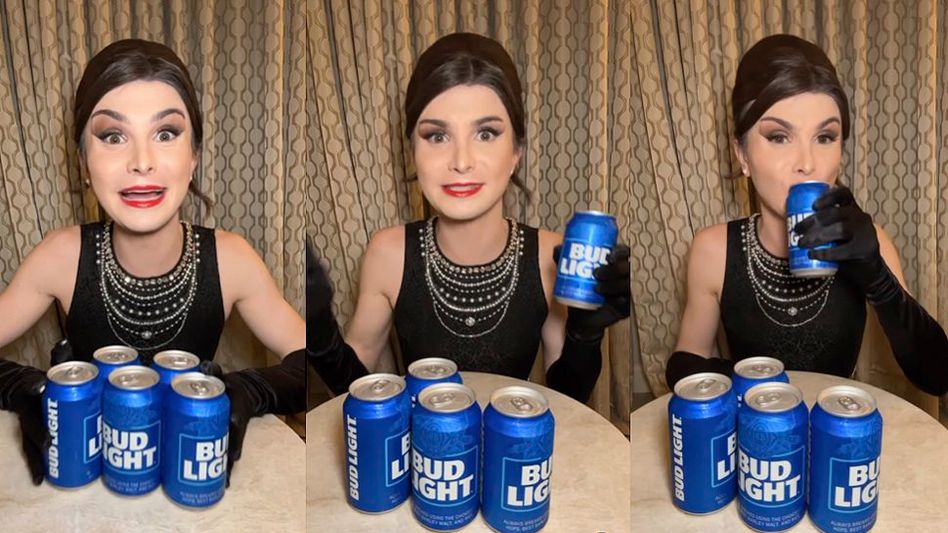Sales of beer in the United States are anticipated to reach their lowest point since 1999, largely attributed to the substantial decline of Bud Light following its ill-fated association with transgender influencer Dylan Mulvaney, as indicated by industry experts.
The first nine months of the year witnessed a more than 5% drop in sales, driven not only by the negative reactions and boycotts against Anheuser-Busch-owned Bud Light but also by shifting preferences among younger consumers, according to insights from Beer Marketer’s Insights.
Industry data reveals a consistent monthly decline of 25% to 30% in Bud Light sales since Mulvaney’s controversial endorsements of the brand on April 1. This debacle led to the dethroning of Bud Light as the top-selling beer in the U.S., relinquishing its two-decade-long dominance.
While other beer brands managed to capture a portion of Bud Light’s market share—such as Constellation Brands’ Modelo surpassing Bud Light and Molson Coors’ Coors Light and Miller Lite experiencing increases—their growth failed to compensate for Anheuser-Busch’s losses.
David Steinmann, vice president and executive editor of the publication, stated, “This year, in particular, AB is driving the decline in the industry,” highlighting that Anheuser-Busch-owned brands, including Budweiser, Michelob Ultra, and Busch, constitute 35% of all beer shipments to U.S. wholesalers. Meanwhile, the growth of Molson Coors and Constellation accounts for only 30% of Anheuser-Busch’s decline.
Despite a renewed marketing effort targeting its traditional male audience, exemplified by a recent commercial featuring NFL legends Peyton Manning and Emmitt Smith, Bud Light’s challenges persist. Retail store sales for Bud Light were down 28% for the four weeks ending December 9, compared to the same period the previous year, according to a Wall Street Journal report citing NielsenIQ and Bump Williams Consulting data.
Overall beer sales have also suffered due to the shift in preferences among millennials and Gen Z, who are opting for alternative alcohol-infused products like canned cocktails or consuming less alcohol than previous generations. Additionally, craft beer, which saw significant growth in the late ’90s, has experienced declines in three out of the past four years, according to Steinmann.
Describing the situation as an “industry-wide, five-alarm fire,” Craig Purser, president of the National Beer Wholesalers Association, expressed his concerns during a speech to wholesalers at a convention in October, as reported by the Wall Street Journal.












